On the morning of December 12, Deputy Prime Minister Tran Luu Quang attended the launching ceremony of the Project "Sustainable development of one million hectares of high-quality and low-emission rice cultivation associated with green growth in the Mekong Delta by 2030" in Vi Trung commune, Vi Thuy district, Hau Giang province. This event is part of the 2023 International Rice Festival in Hau Giang with the theme "Green Rice - Healthy Living".
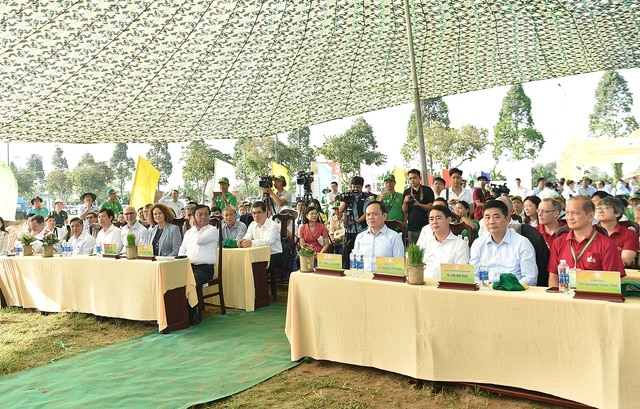
Deputy Prime Minister Tran Luu Quang attended the launching ceremony of the Project to develop 1 million hectares of high-quality rice. Photo: Internet.
Speaking at the ceremony, Minister of Agriculture and Rural Development Le Minh Hoan emphasized that if the agricultural sector is identified as "a national advantage and pillar of the economy", rice production is considered a key production sector that not only helps ensure national food security but also supports the country's economic development as well as demonstrates Vietnam's responsibility in ensuring the international food system.
Vietnam is among the world's largest rice producers and one of the world's leading rice exporters. The position of Vietnam's rice industry is increasingly consolidated and enhanced, not only by impressive figures in output and export value in recent years but also by positive feedback from world consumers. Vietnamese rice has also been continuously honored in the international arena.
In the first 10 months of 2023 alone, Vietnam exported 7.1 million tons of rice with an estimated turnover of 4.7 billion USD. Vietnam's rice export price continues to increase and gradually approaches the highest group in the world.
The Mekong Delta, with a natural area of 4,092 thousand hectares, of which 2,575 thousand hectares are used for agricultural production, is one of the main rice production areas of Vietnam. Rice production in the region in recent years has always been stable at 24-25 million tons, accounting for over 50% of rice production output and rice export output accounting for over 90% of the country's rice export output, creating jobs and income for millions of agricultural households in the region.
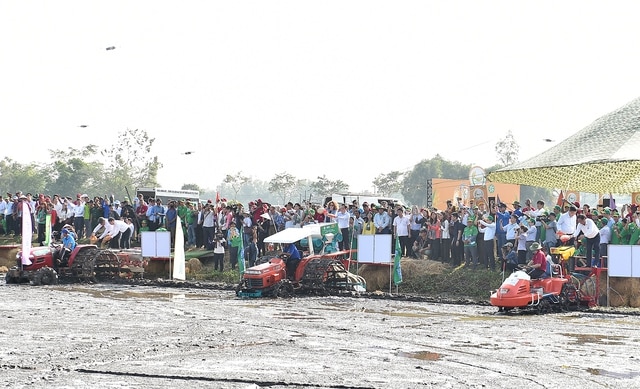
Deputy Prime Minister Tran Luu Quang and delegates put seeds into the sowing machine - Photo: Internet.
In the above context, the Government has approved the Project "Sustainable development of one million hectares of high-quality and low-emission rice cultivation associated with green growth in the Mekong Delta by 2030".
The project is associated with reorganizing the production system according to the value chain, applying sustainable farming processes to increase value, sustainable development of the rice industry, improve production and business efficiency, income and life of rice growers, protect the environment, adapt to climate change and reduce greenhouse gas emissions, contributing to the implementation of Vietnam's international commitments.
During the implementation of the Project, there will be a number of new policies, in line with global trends, piloted such as payment of carbon credits based on results for one million hectares of high-quality and low-emission rice associated with green growth, circular production, and exploitation of multiple values in rice production with investment or credit mechanisms with the aim of attracting businesses in the field of rice production and processing.
From the successful pilot, this model in the Mekong Delta will be expanded nationwide, aiming to make "Green development, emission reduction, high quality" the brand of Vietnamese rice./.
Vu Tung






























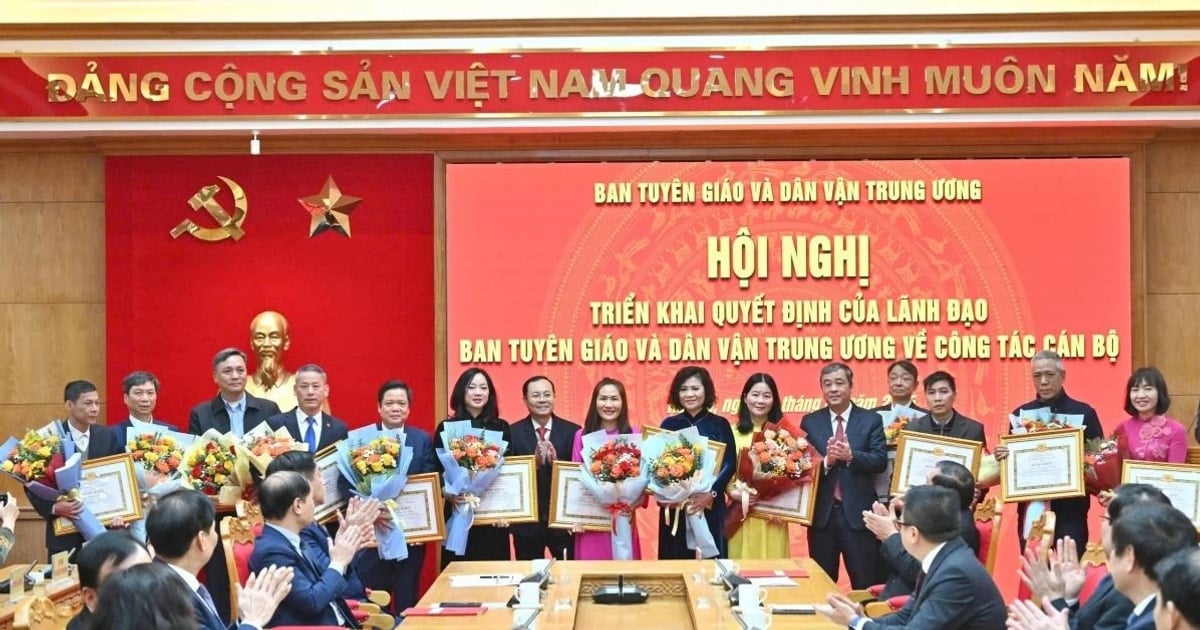

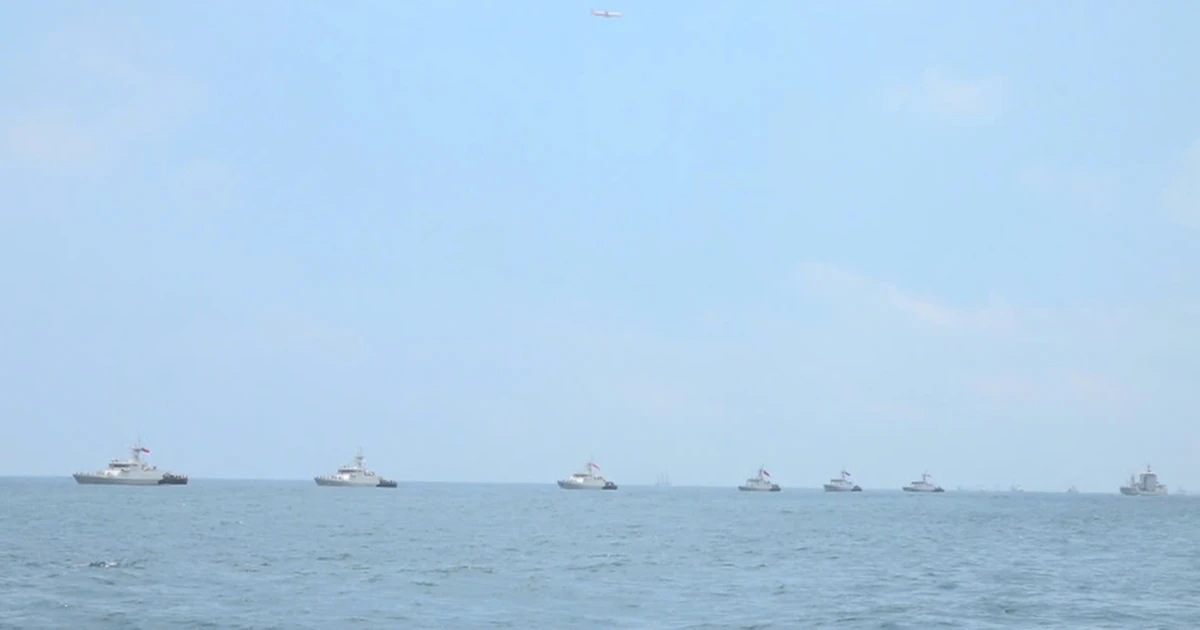

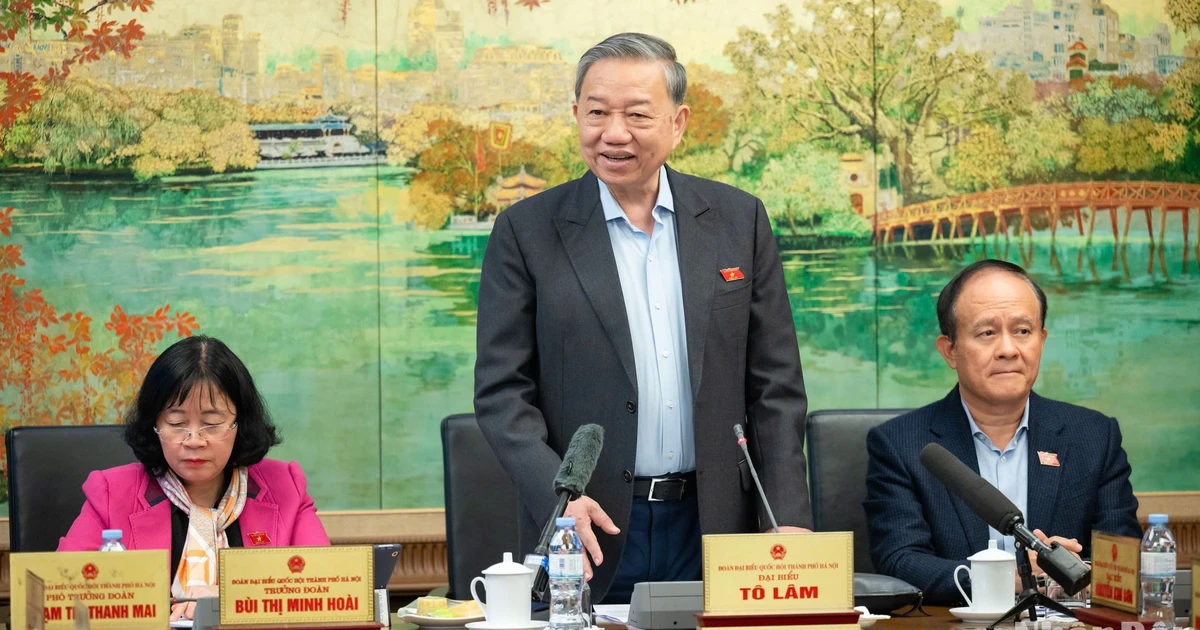
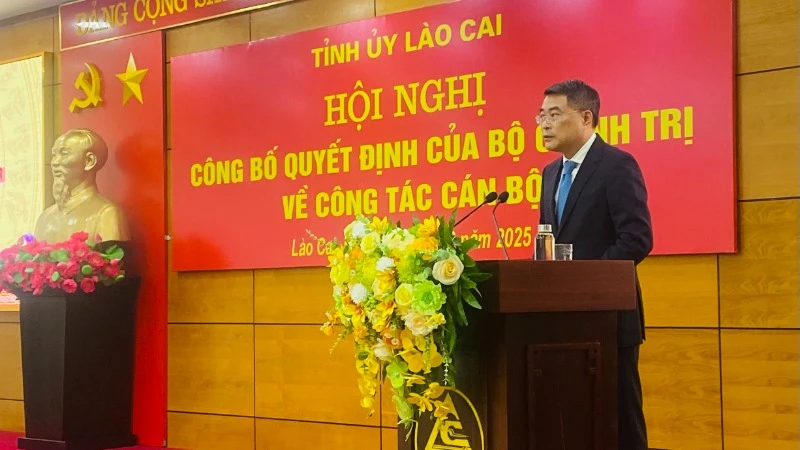
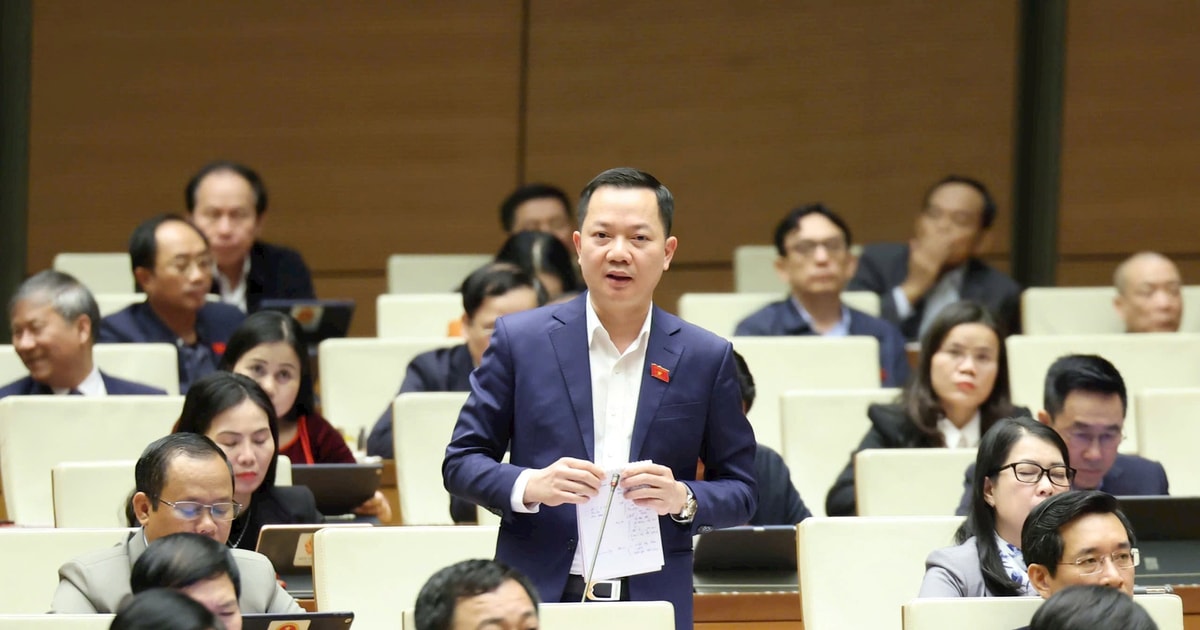
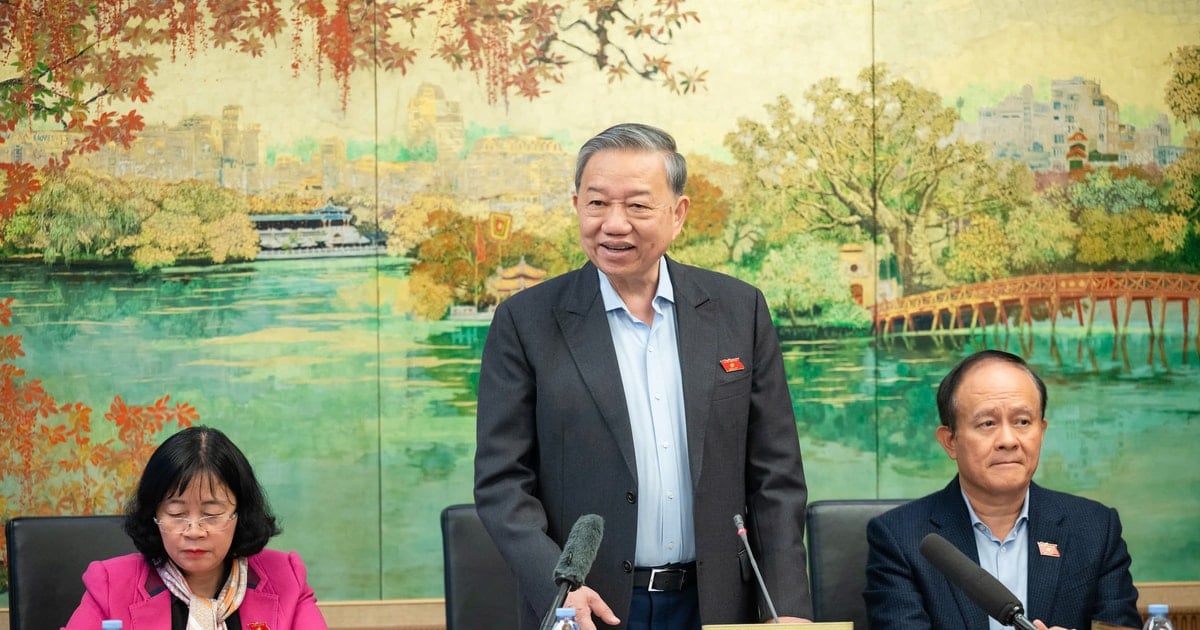
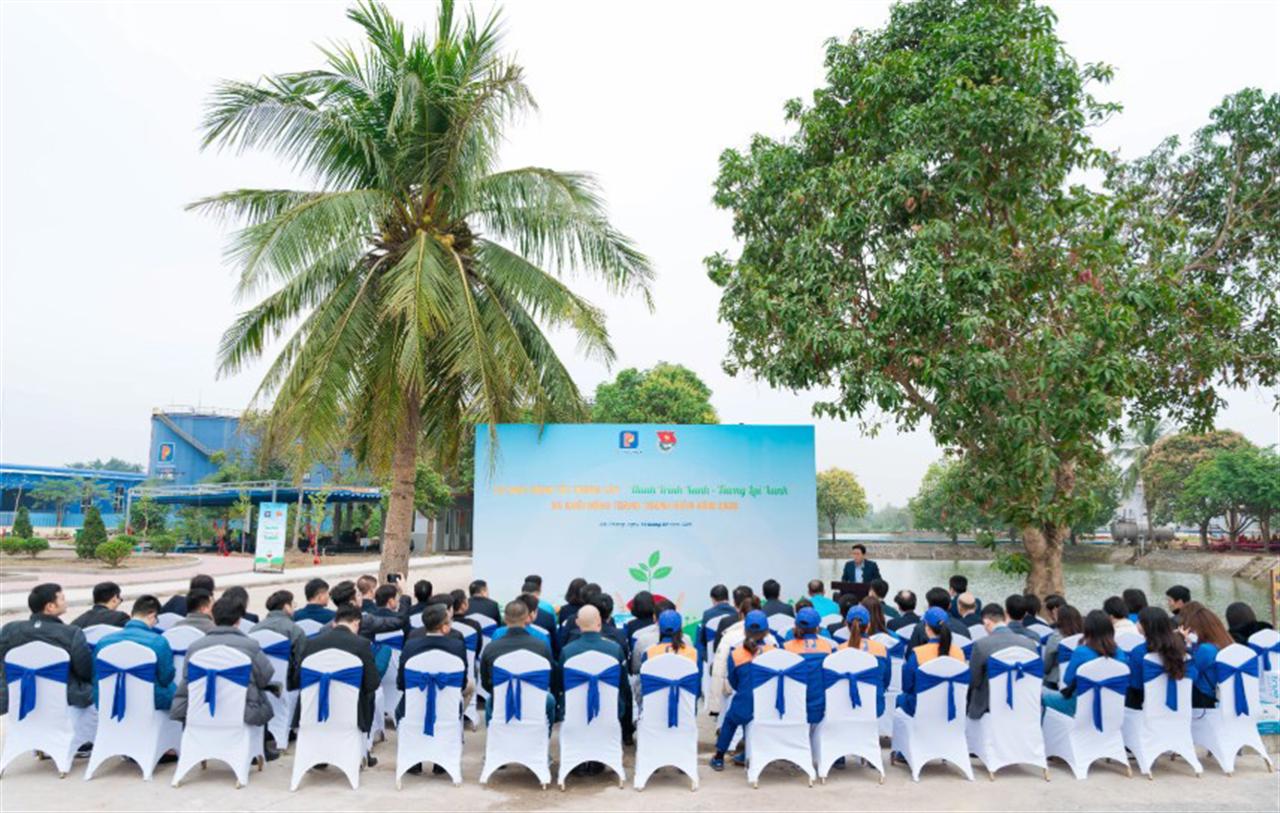
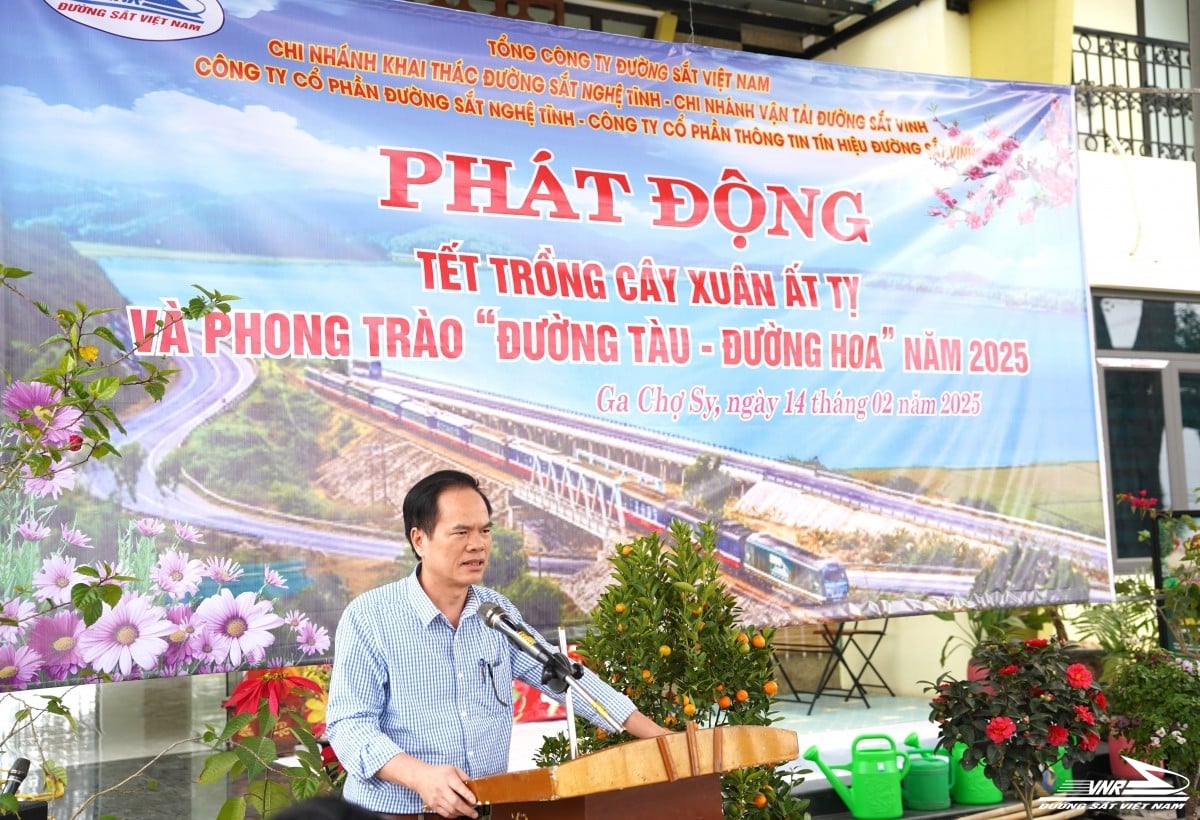

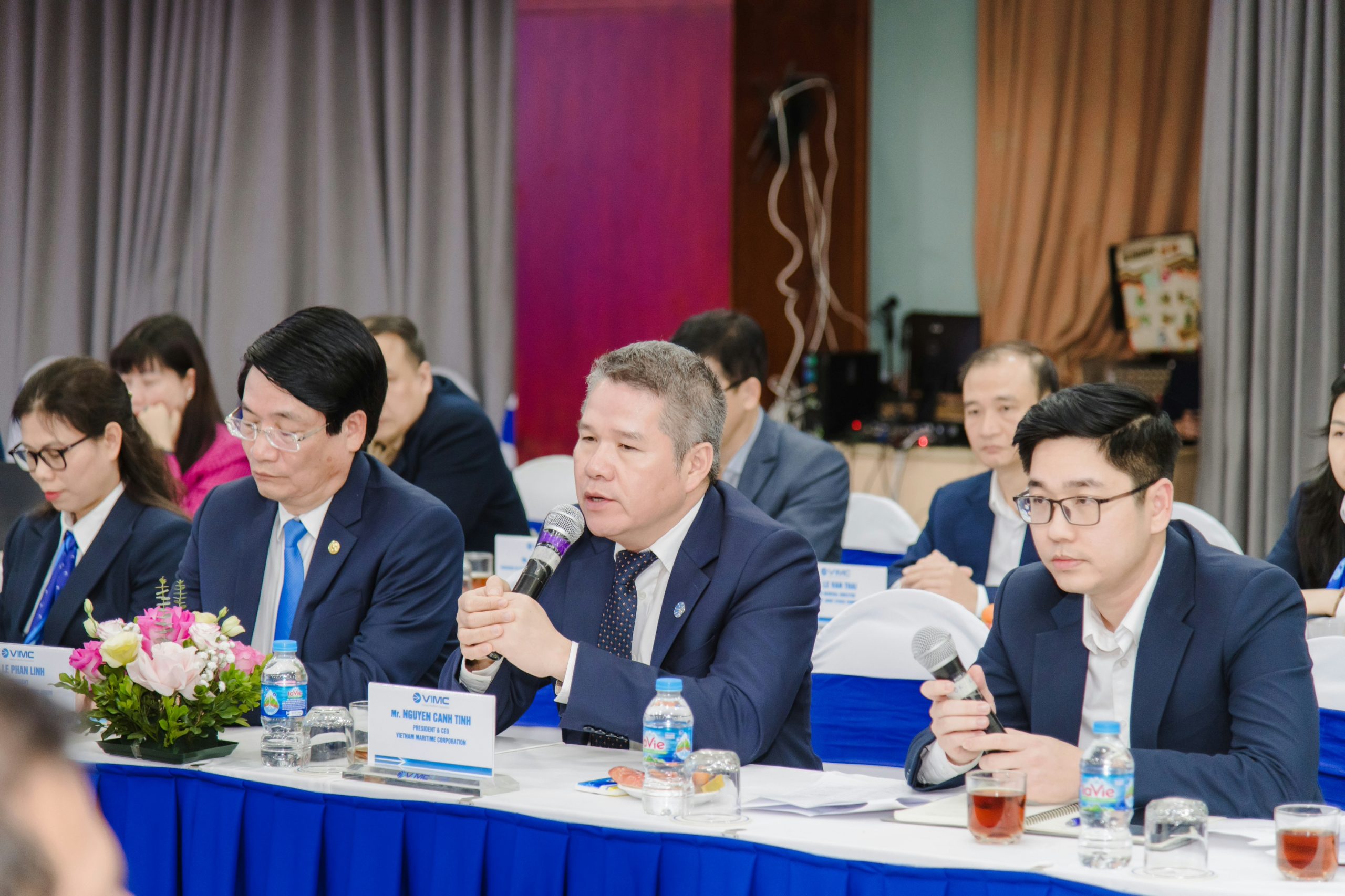















Comment (0)